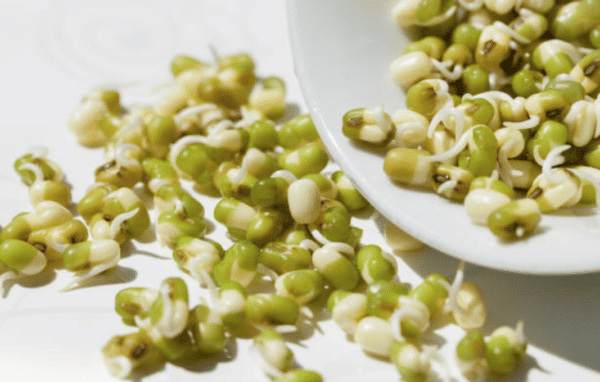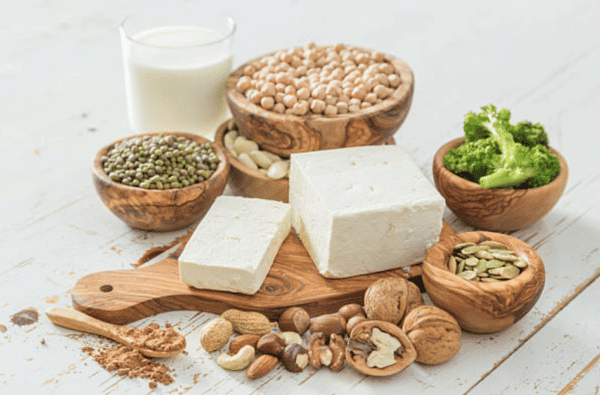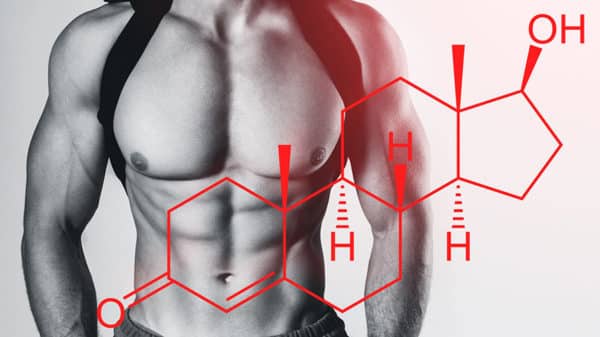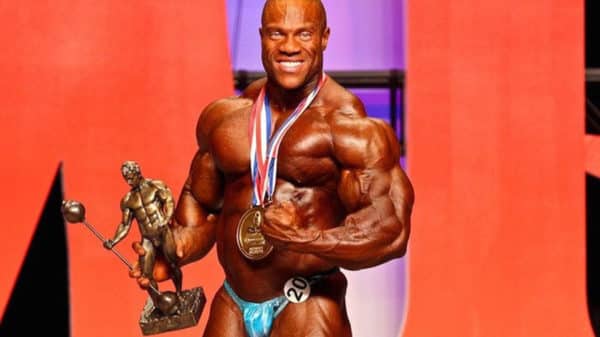One of the plant proteins, soy
Did you know that soya is the perfect food for building muscle? In fact, it is a very popular source of vegetable protein for bodybuilders who follow a very strict diet, such as vegetarians or people who are lactose intolerant. But why does this product attract so much attention? What are its benefits? How to consume it? Read more in this article.
Soy protein: what is it?
Generally speaking, soy proteins are sold in bags, in the form of small or large pieces resembling light-coloured cereals. They are consumed rehydrated and can replace meat or poultry occasionally, as part of a balanced diet. This food supplement has a stronger nutty flavour. Get help in choosing a brand: You can find soy protein here: 100 % Soy protein
Soya is a source of quality protein that is very quick to digest. Indeed, it contains 9 amino acids, including leucine, isoleucine, valine, lysine and arginine. In addition, the isoflavones contained in this food are powerful antioxidants. These elements are very important for creating the conditions necessary for muscle mass gain.
Not all food derivatives of soybeans provide the same amount of protein. Setting aside isolates and concentrates, soy flour is the richest in protein (45 %). Next come soy beans (35 %), tofu (12 %) and soy milk (4 %). Soybeans only provide unsaturated fatty acids and contain absolutely no lactose.
This is why eating protein-rich foods is ideal to accompany intensive training sessions. In fact, soy is one of the plants that should be included in the diet of those who work out, as it provides the muscles with the protein they need to develop, in addition to other nutrients that are essential for the body. In addition to those mentioned above, it contains minerals such as potassium, zinc, calcium and iron, as well as vitamins, lipids and carbohydrates.
What are its benefits for the body?
There are many reasons for this. Soy protein avoids the inconvenience of lactose and gluten intolerance. It is available in different flavours: smooth chocolate, strawberry cream, vanilla or without added flavouring, so you are spoilt for choice.
Soy protein has many health benefits. Indeed, it allows to :
- Reduce cardiovascular diseases: soy is responsible for the reduction of bad cholesterol "LDL" and triglycerides;
- Reduce the risk of cancer: in the long term, soy protein plays a beneficial role in the risk of cancers, particularly breast and prostate cancer;
- Create muscle mass: with 0.5 g of lipids, 5 g of carbohydrates, including 0.1 g of sugars and 90 g of protein per 100 g, soy protein is ideal for any athlete wishing to increase his or her muscle mass while limiting fat gain;
- Preserve muscles from tearing;
- Improve intestinal transit.
The ideal solution for bodybuilders?
There are many protein solutions for bodybuilders, but one of the reasons that athletes may prefer soy protein is that there are many benefits to consuming it:
- It is well known that soya is digested very quickly after consumption. It is estimated that it takes about 2 hours and 30 minutes for the body to completely digest this food. Thus, its action is immediate and allows the athlete to recover well after the efforts;
- In addition, there are different types of food supplements rich in soya protein. Everyone can choose the one they prefer, which is not the case with other protein supplements that are usually presented in capsule form;
- Price is also a factor. Indeed, the purely vegetable origin of soya means that the price of food supplements made from this plant is often affordable. Soy protein is therefore cheaper than other proteins.
As proof, Asian countries, which are major consumers of vegetable proteins and in particular soya, only benefit their health.
How to consume it?
Note that soya should be consumed in the recommended daily dose. Indeed, if you decide to use soya to provide your muscles with protein, it is advisable not to overdo it. Soy protein powder is available on the market, to be diluted with water.
For each training day, 30 g of this powder can be taken in the morning, upon waking up. 45 minutes before the start of the training session, 20 to 30 g can be taken and at the end of the session it is recommended to take 30 g of soy protein. This dosage should be taken on each training day, at least 2 days a week.
In addition, if you consume enough soy protein, you should avoid meals that are high in protein, such as steaks or soy milk, as much as possible. You can limit yourself to 2 such meals per week. Soy protein has a biological value of 74, which shows that the body's natural ability to absorb it is low. However, methionine is added to soy supplements to increase this biological value.
In low doses, soy protein is beneficial for bodybuilders. However, in high doses, they decrease the ratio of testosterone /estrogen in men which is contrary to bodybuilding.
Even if this food has benefits on our body, let's not forget that in the long term for non-vegetarians, it will be preferable for the construction of muscle fibres to eat meat, especially red meat whose high content of vitamins, minerals and proteins is essential for the development of muscle mass.
Its constitution
Its constitution is provided with a high concentration of iron, essential to the proper functioning of the brain, develops antibodies capablse to repel infections. A real player in the circulation of oxygen in the blood thanks to the manufacture of red blood cells.
In addition to iron, zinc is also present, as a trace element, it plays a major role in the proper functioning of the body. During intensive training, it helps the muscles to recover and repairs muscle tears better. In addition to a major role in the healing of wounds, it is the essential element that every athlete needs to prevent the effect of catabolism.
Let's not forget to mention the role of vitamins B12, B3 and B6 which help the body to transform macronutrients so that the body can absorb them well, thus nourishing the nervous system, the muscles, and reinforcing the immune system.
In addition to all these benefits, it is important to remember that meat promotes anabolism and for this reason it is best to eat about an hour after the bodybuilding session. In this way, catabolism will be avoided and the anabolic window will allow the practitioner to recover from his efforts.
This is the best time for all muscle tissue to be replenished and strengthened. Those who follow this rule, will see their muscles develop very quickly and will understand the usefulness of refueling with meat right after intensive exercises.
Protein needs are different from one person to another. Finally, it should be noted that the combination of proteins and carbohydrates in a post-workout ration (within 30 minutes of the session) will provide better hormonal stimulation. Don't hesitate to ask for advice from specialists so that you don't make any mistakes in your dosages.
Need a custom 100 % nutrition plan?
Also read this article:
Building muscle when you are vegan: possible or not?
Bodybuilding nutrition: How it works








